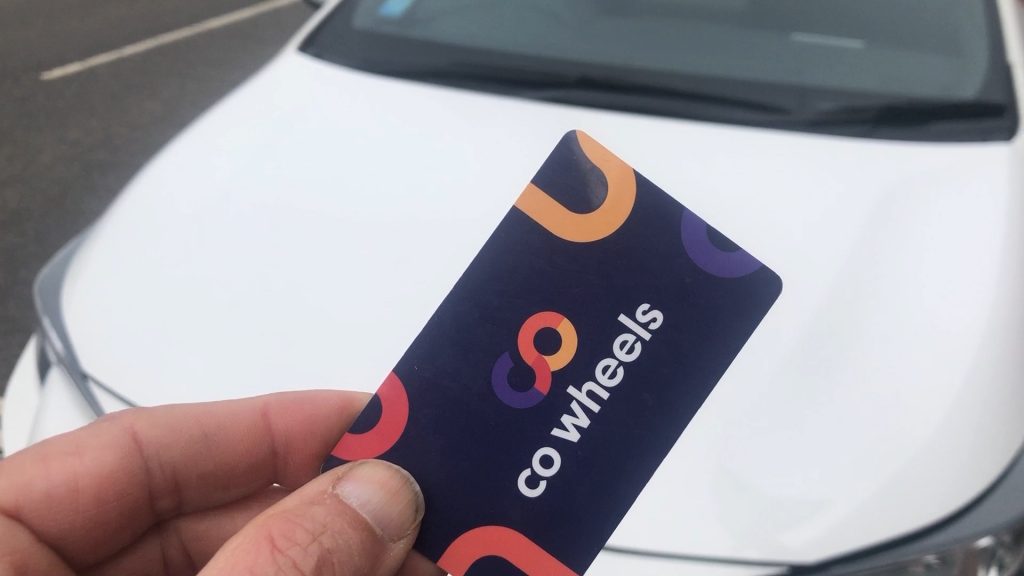The Chicken and Egg Conundrum of Sustainability

So, Monday’s blog on my car-free experiment kicked off a bit of a debate on social media. In the post I described how I use our local Co-wheels car club to cover the times we want/need a car rather than owning one. Co-wheels themselves retweeted it and ended up getting a torrent of grumbles about how their service only covers certain areas of Tyne & Wear. Co-wheels responded to these by saying they had tried providing club cars in many of those areas but utilisation wasn’t sufficient to maintain them there. But no-one can use them if they aren’t there came the rejoinder. And so it went on.
This is a classic example of chicken and egg in Sustainability† People can’t adopt sustainable lifestyles/technologies if the option isn’t on the table, but how do you put it on the table in the early days if demand is low? For example, EV ownership almost requires off street parking due to the lack of charging points – but charging point providers need to know they will get income. Meanwhile owners of petrol/diesel cars know they are well provided for.
Fundamentally, we have had 150ish years for the high carbon economy to bed itself into society and now benefits from low costs and public familiarity, so it is difficult for the low carbon economy to break through.
The best (only?) way to break this vicious circle is to find ways of boosting demand. For the UK solar industry, initial feed-in tariffs were so generous (arguably too generous) that investment was a no brainer, and the price of solar panels plummeted. For heat/local power networks, providers like to establish agreements with a number of large ‘anchor tenants’ before they start installing the hardware. When Marks & Spencer wanted high grade recycled polyester for clothing, they started stuffing cushions with low grade recycled polyester to bring economies of scale to the overall recycled polyester supply chain. Some big buyers use “forward commitment procurement” to announce to the market that they will be requiring a particular product or service in, say, 5 years’ time so the market can get ready to service that need.
Fundamentally, it’s all about demand and it can take a bit of clever thinking to get demand going in the first place.
† the pedant in me must state the evolutionary fact that eggs came many millions of years before chickens!

